Republican Party Chairman Reince Priebus has been working for years to bring order to the 2016 nominating process. He’s increased penalties for states that try to move up their primaries and caucuses, threatened to punish candidates who participate in debates not sanctioned by the party, and moved the convention to mid-summer, allowing for a longer general election season.
But Priebus has no control over who decides to run. And as the starting gun sounds on 2016, all signs point to another unwieldy pack of candidates competing, in many cases, for the same segments of their party.
Here is a look at the top contenders openly considering a run.
Jeb Bush: The Other Son
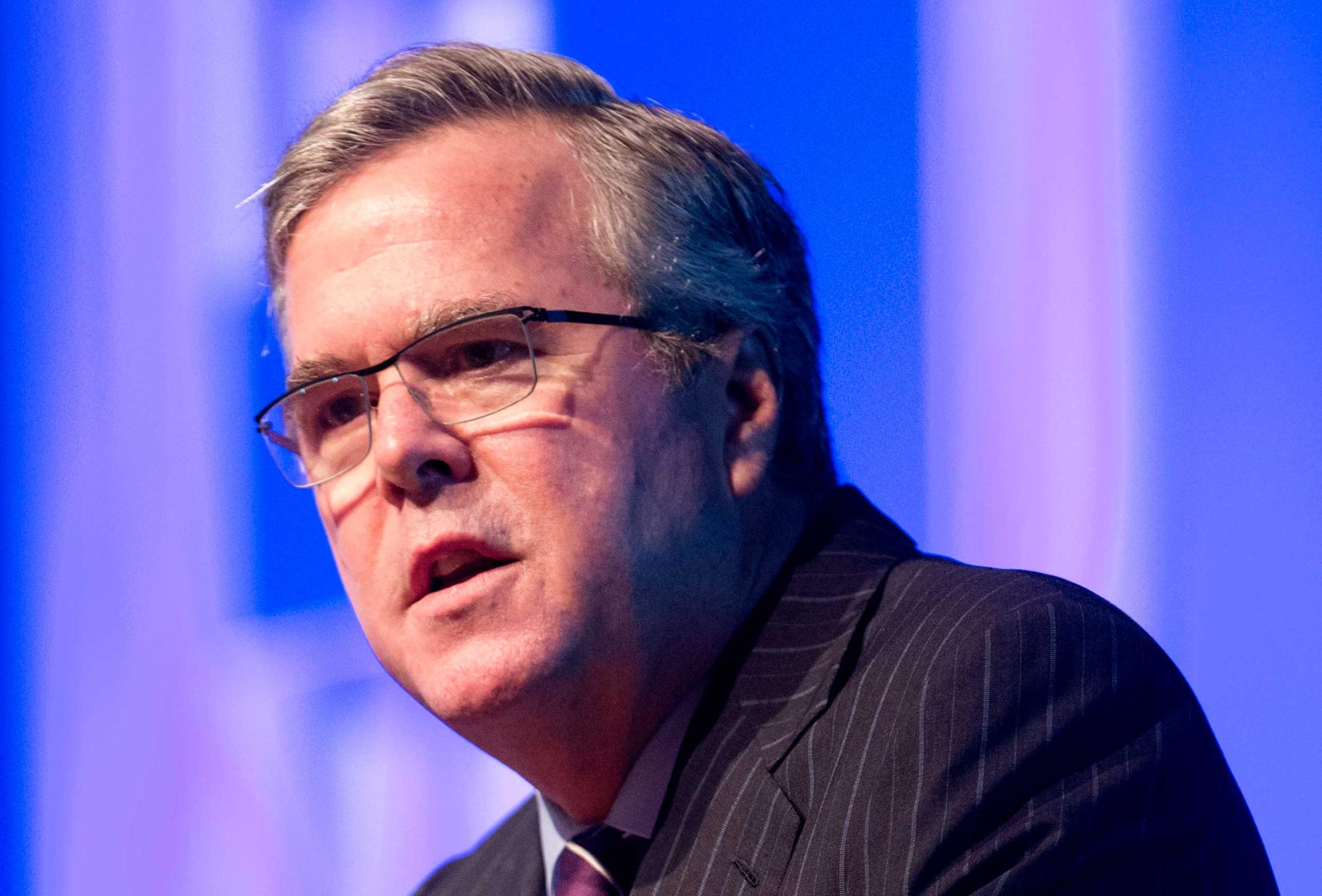
At a recent event in Washington, former President George W. Bush made a pitch for his brother’s candidacy before a group of skeptical GOP donors. “What’s the difference if it’s Bush-Clinton-Bush-Obama-Clinton or Bush-Clinton-Bush-Obama-Bush?” he said. That’s the question many Republicans are asking as they look to former Florida Gov. Jeb Bush to enter the race. His family is rallying around. His donor ties remain deep. The question is whether he has a path to the nomination. Out of office for more than a decade, the avowed immigration and education reformer now finds himself out of step with his party’s most conservative voters. But he has a case to make that he was born to take on Hillary Clinton.
Scott Walker: The Main Street Fighter
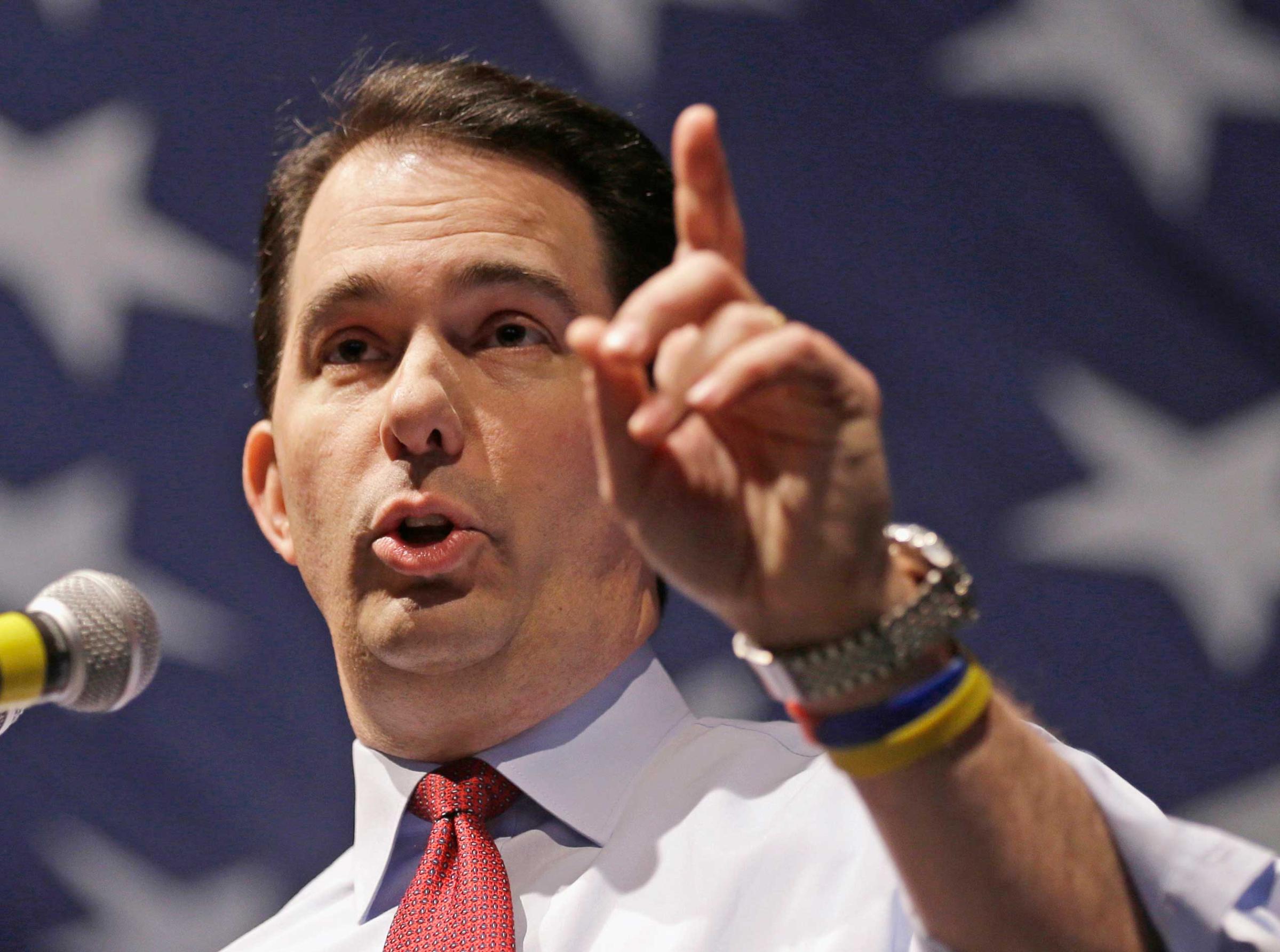
No one got louder cheers at the 2012 Republican convention than Wisconsin Gov. Walker, the man who had taken on what he likes to call the “big government union bosses” in his state and won. Collective bargaining rights were curtailed for state teachers and other workers, and Walker survived a union-backed effort to recall him. This year’s reelection tight at times, but he pulled off a victory. Now he can focus on the message he has been trying to hone as a candidate on the national level. He will present himself as a common-sense Republican from Main Street—far from the dysfunction of Washington.
Rand Paul: The Reinventor
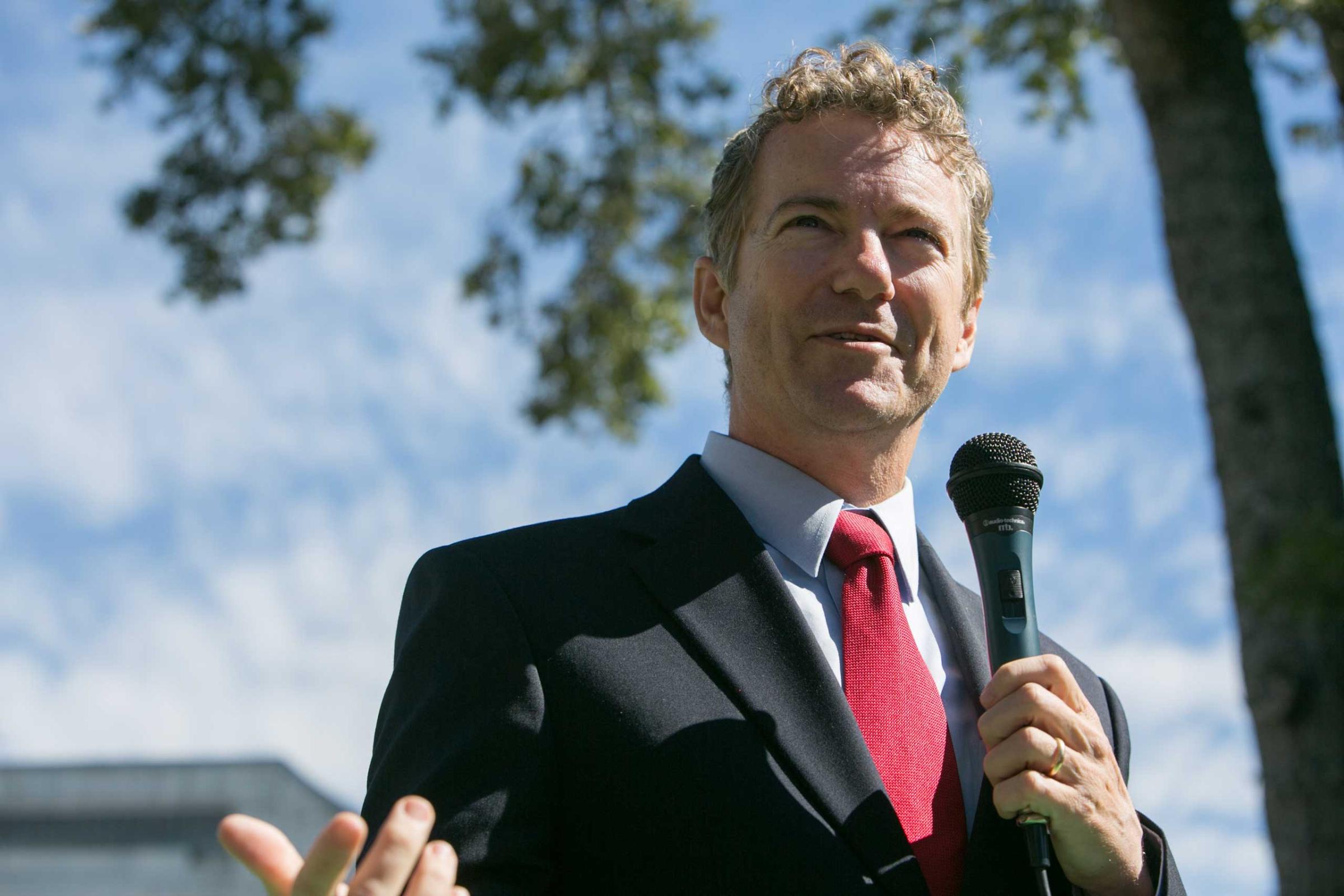
No modern Republican nomination fight would be complete without a Paul on the stage, but the next generation of the political dynasty doesn’t look or talk like the last. Kentucky Sen. Rand Paul has been touring the country with his new vision for growing the party with “libertarianish” ideas that appeal beyond the current GOP base. “The Republican Party brand sucks,” he said on a recent visit to Detroit, a line that is certain to reemerge again. His father, Ron Paul, ran as a principled prophet, uninterested in doing the difficult work of building a winning coalition. The same cannot be said for the son.
Mike Pence: The Stalwart
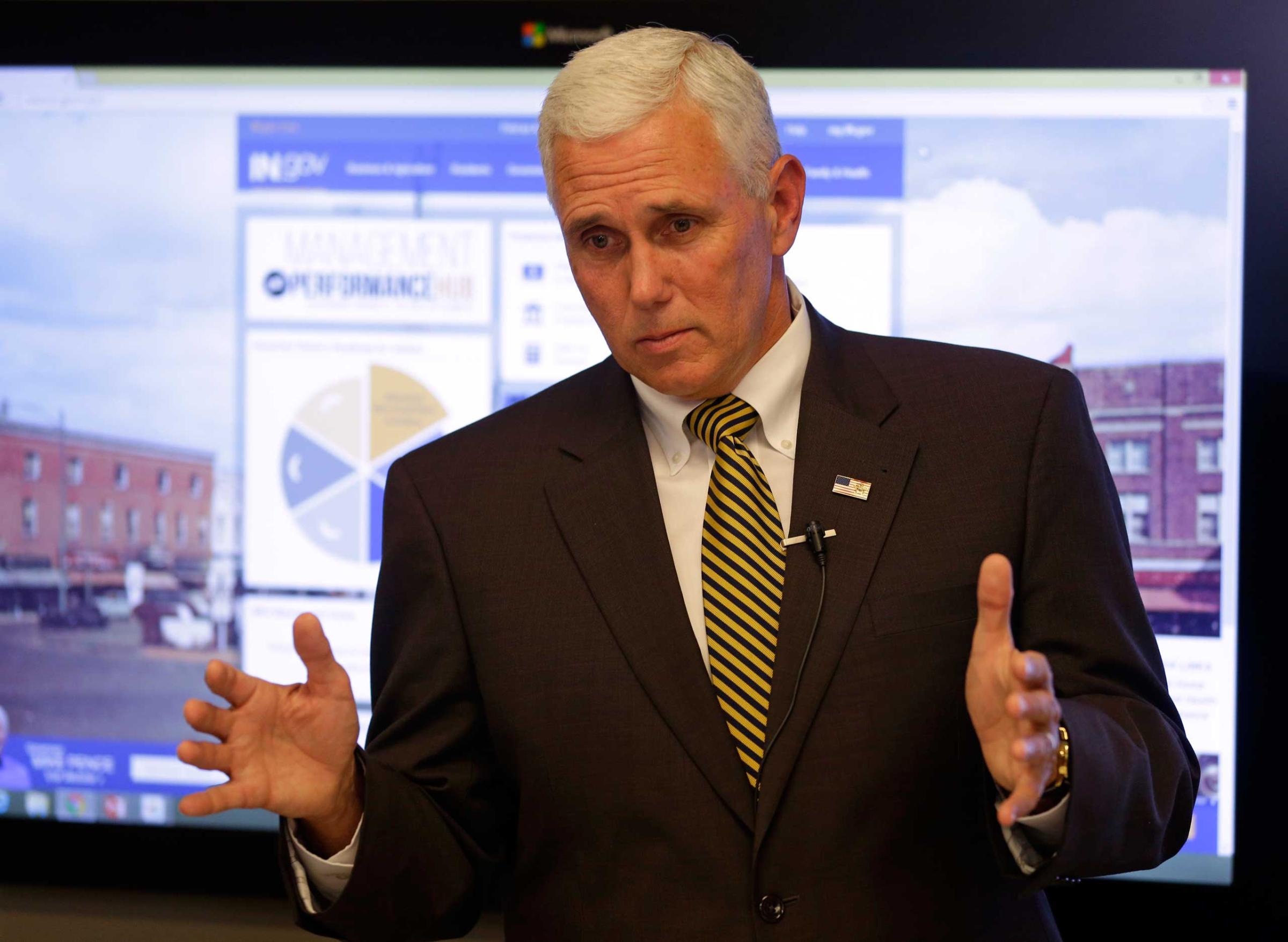
A Midwestern governor with years in House leadership under his belt, Pence has standing with social conservatives, fiscal credibility and deep ties to the party’s money men, especially the Koch fundraising network. He’s also got a feel for the national mood—note his quick and early decision to pull Indiana out of the Common Core state standards—and a slashing style on the stump honed by stints in talk radio. Pence would have to overcome questions about his decision to expand Medicaid in Indiana, but count him as a sleeper threat.
Rick Santorum: The Believer
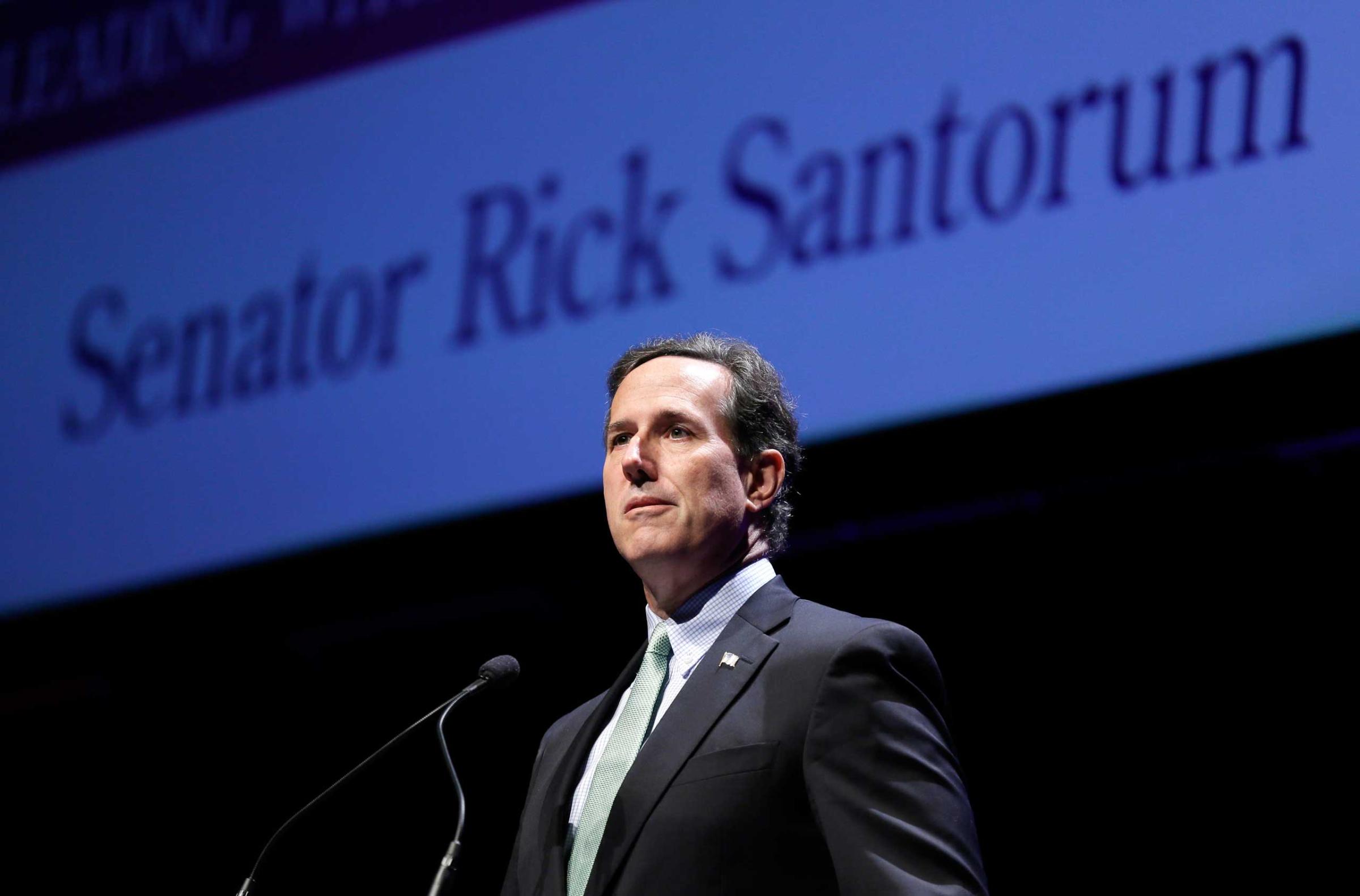
With little money, no pollster and few staff, Santorum spent months crisscrossing Iowa in 2011, fueled by faith that his candidacy would catch on. And it did. The former Pennsylvania senator pulled an upset in the caucuses and went on to win 11 states, finishing runner-up in the nominating contest to Mitt Romney. Now Santorum, who’s been running a Christian movie studio, sounds ready to try again with a campaign that would marry his religious conservatism to an economic message geared toward blue-collar populists. Pundits have written him off again, but there is no sign his faith is wavering.
Ted Cruz: The Evangelist
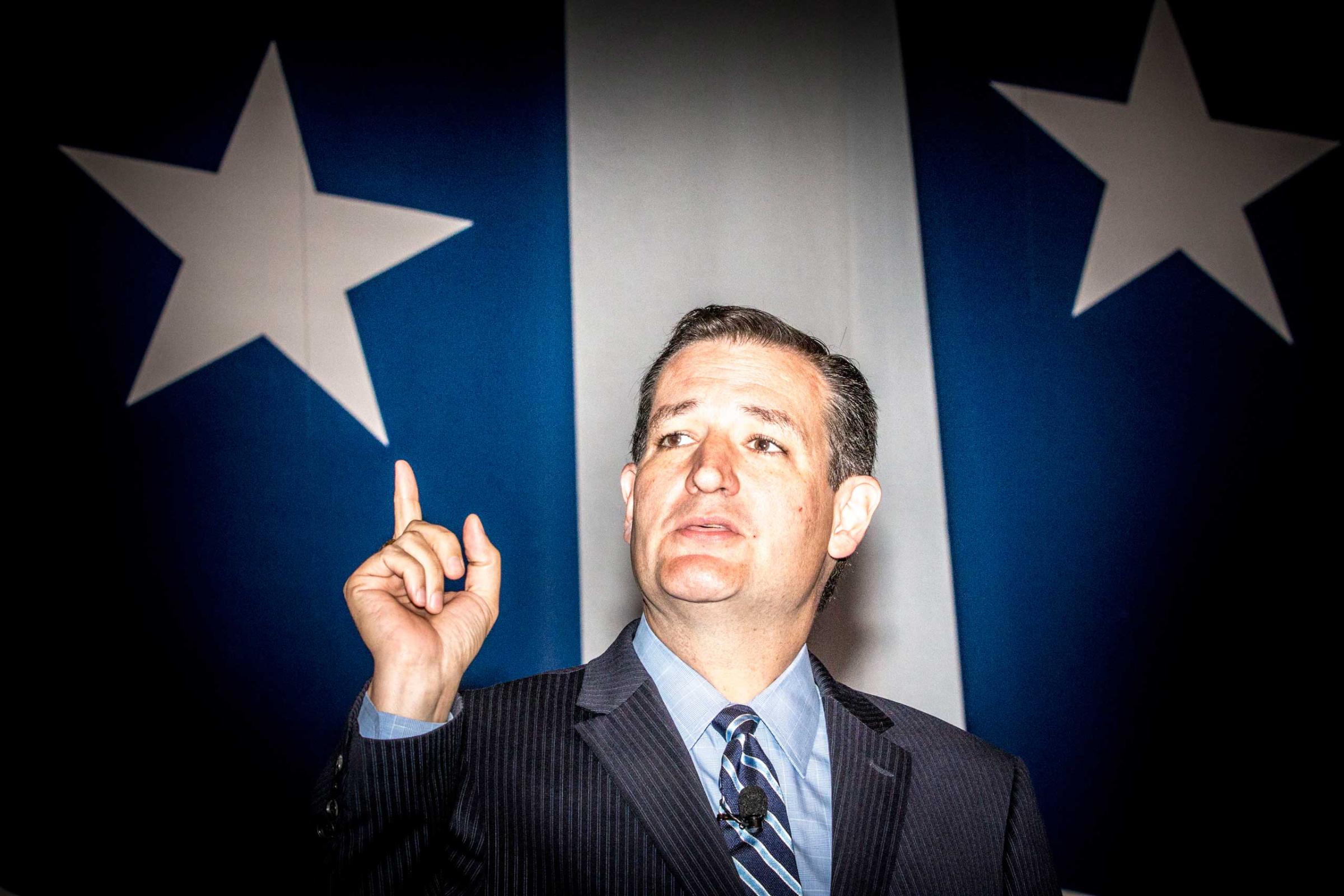
Blessed with a supple mind and silver tongue, the Texas freshman became the Senate’s foremost spokesman for Tea Party values after he won election in 2012. A push to defund Obamacare made Cruz a superstar in conservative circles, and he’s been touring the country for more than a year, laying the groundwork for his next campaign. He sells a back-to-basics, no-apology conservatism, with policies wrapped in the rhetoric of right and wrong. And he trashes his Republican colleagues almost as much as Democrats. The fiery rhetoric has burned some of the bridges he’ll need on the way to the nomination, but nobody is better at preaching to the frustrated party faithful. The question now is whether he can convert unbelievers as well.
Chris Christie: The Tough Talker
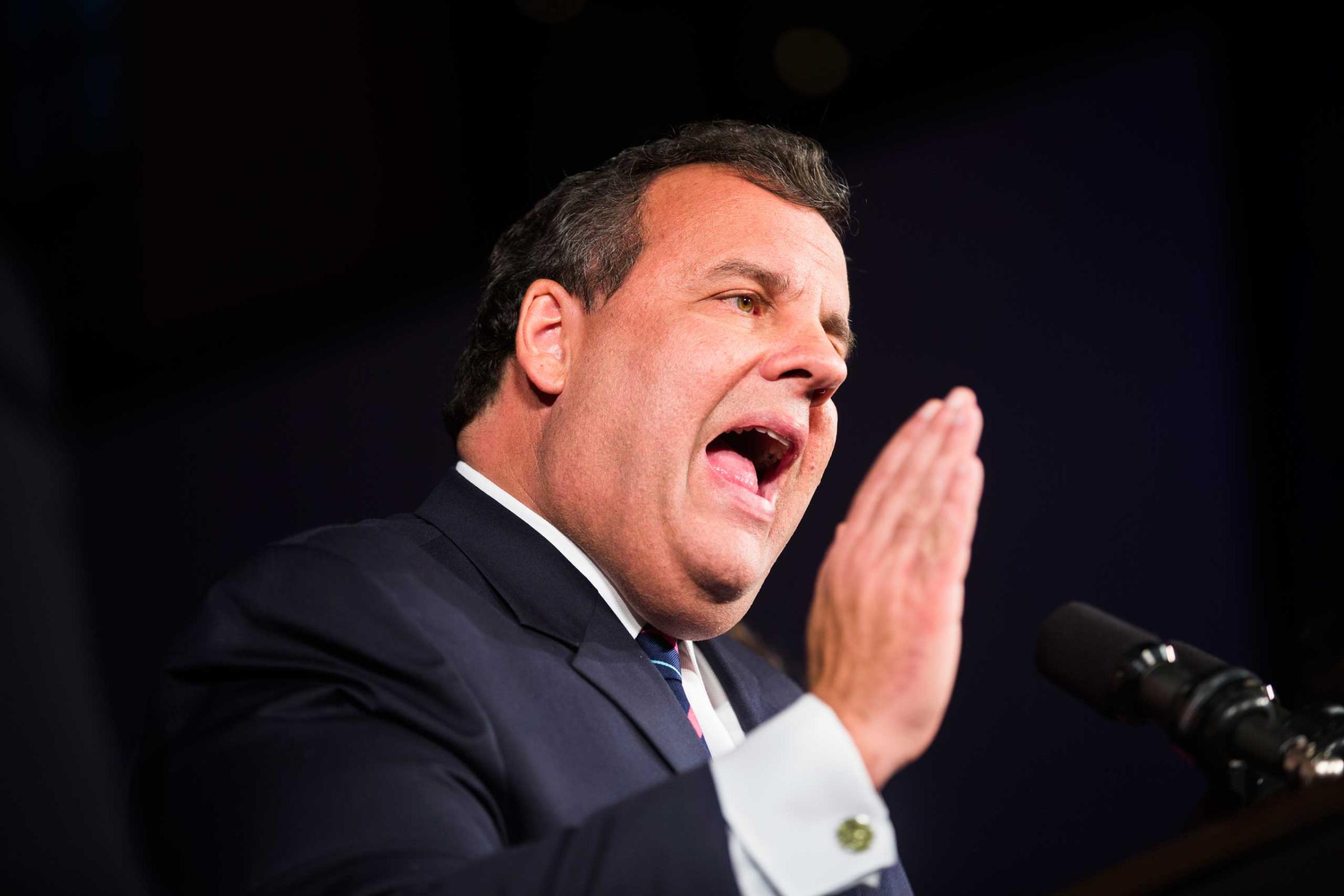
After a 2013 landslide reelection election in a blue state, the take-no-bull governor of New Jersey, Chris Christie, was considered a frontrunner. He had taken on teacher’s unions and public pensions while balancing the budget and creating jobs. Then allegations surfaced that his staff closed down lanes on the George Washington Bridge for political retribution, and ratings agencies started delivering bad news about his state’s finances. Christie never stopped trudging forward, and he has yet to curb his abrasive stump persona, which could become a problem in the heckler-filled primary state. But as Chair of the Republican Governor’s Association, with lots of New York area donors in his pocket, he will certainly be a contender.
Rick Perry: The Do-Over
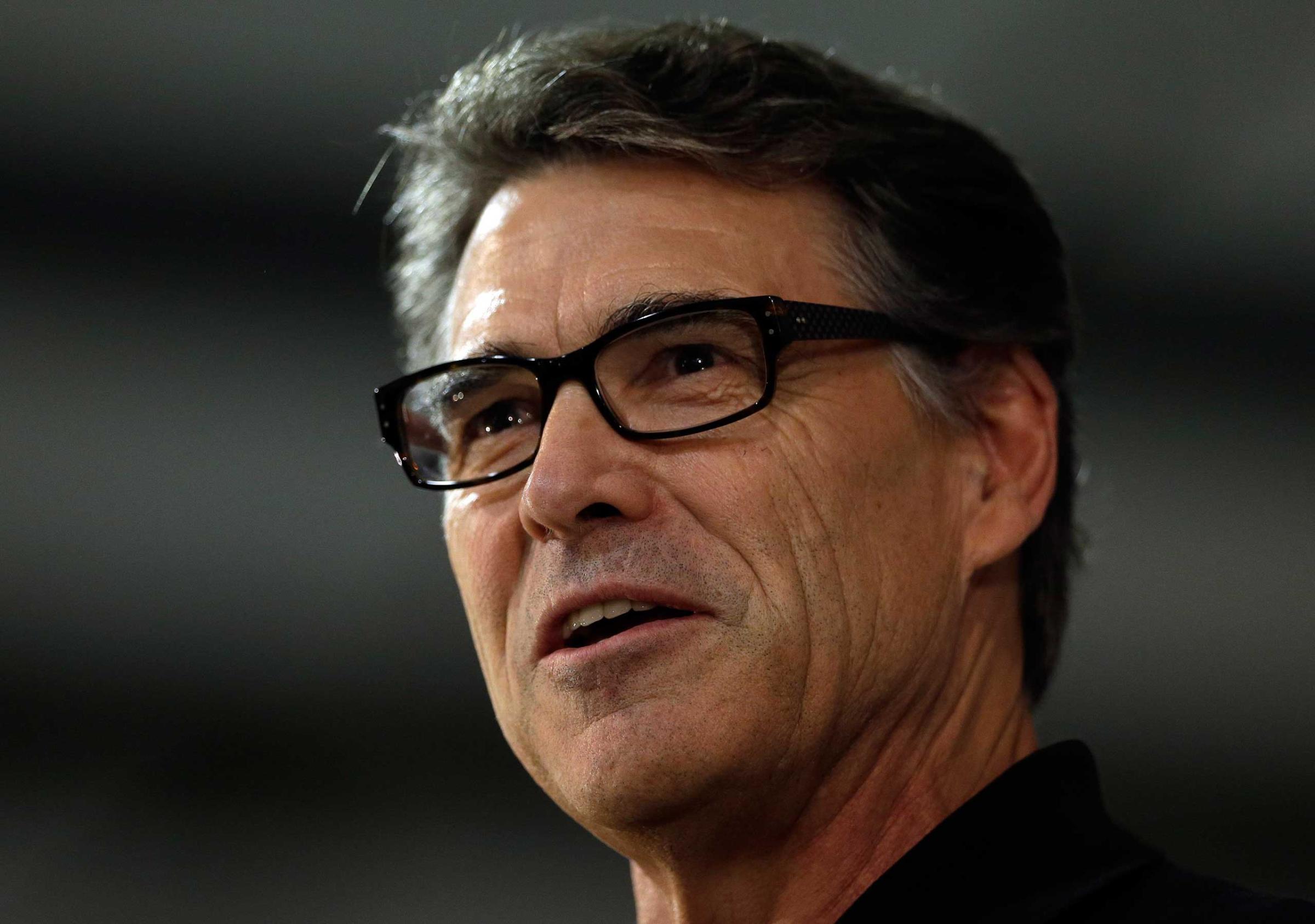
“Oops.” That one word killed Texas Gov. Rick Perry’s 2012 presidential campaign, a clumsy, last-minute shot at the nomination from the start. But he has persevered, making repeated trips to the early primary states as his governorship winds down. This time around, with a new pair of glasses, Perry is out to show that he’s smarter than you may think. Thus far he’s been winning rave reviews, despite a recent indictment on two felony charges for allegedly abusing his power in pressuring a local district attorney to resign. Perry’s a long shot in 2016, but he’s keen to rewrite his political obituary.
Marco Rubio: The Next Generation
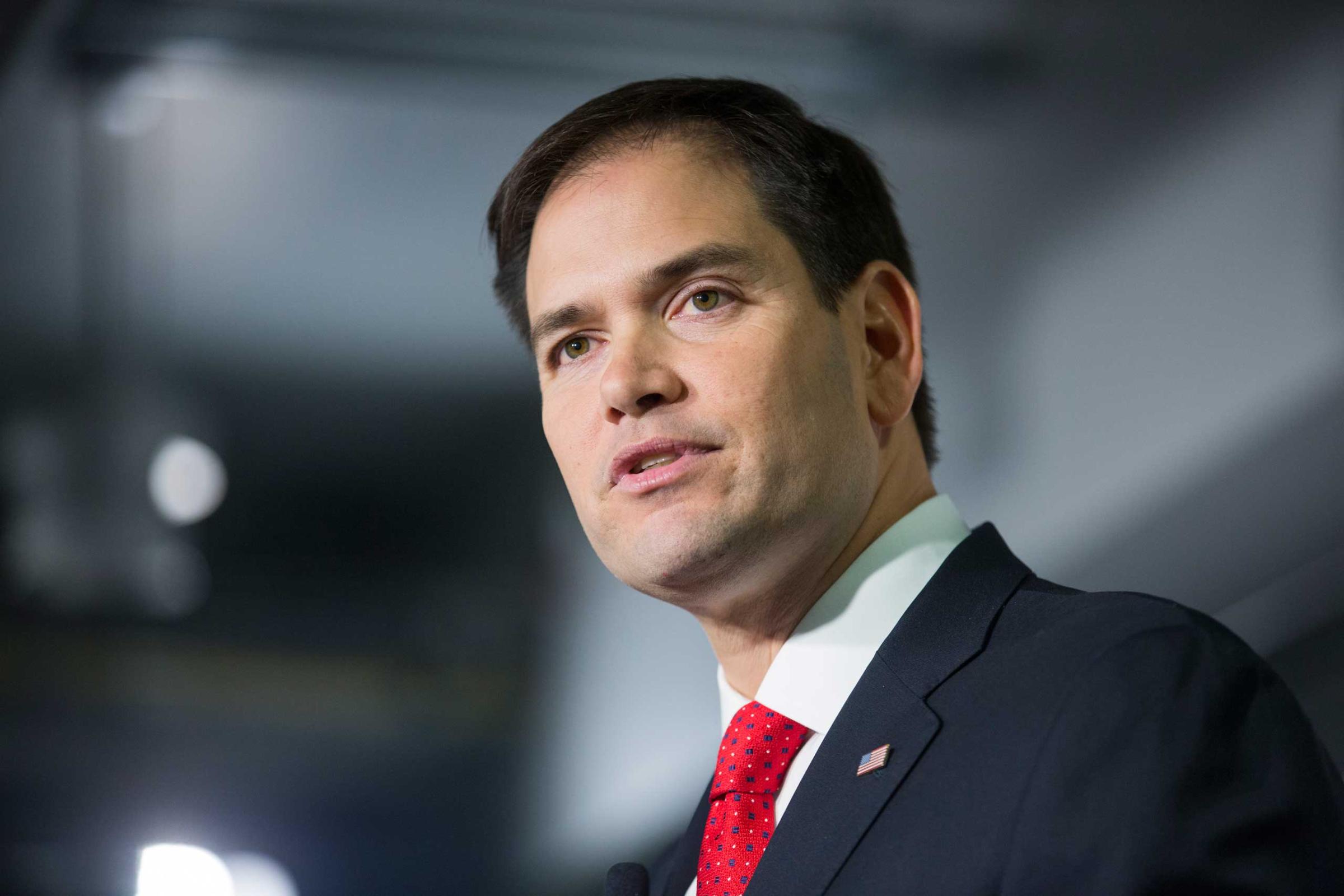
Marco Rubio has made a career as the fresh face with an all-American story, the “son of exiles” who lived the dream of hard work and upward mobility. In 2010, that message won statewide in Florida, and Rubio has been carefully building the legislative record of a presidential candidate. He backed bipartisan immigration reform, before blaming its failure on Democrats, and has spent months laying out a hawkish vision of foreign policy far closer to John McCain than Rand Paul. Whether he makes a comeback depends on which end of the Republican Party wins its existential struggle on immigration reform. But Rubio remains popular with young and minority voters that other Republicans struggle to reach.
Mike Huckabee: The Pastor
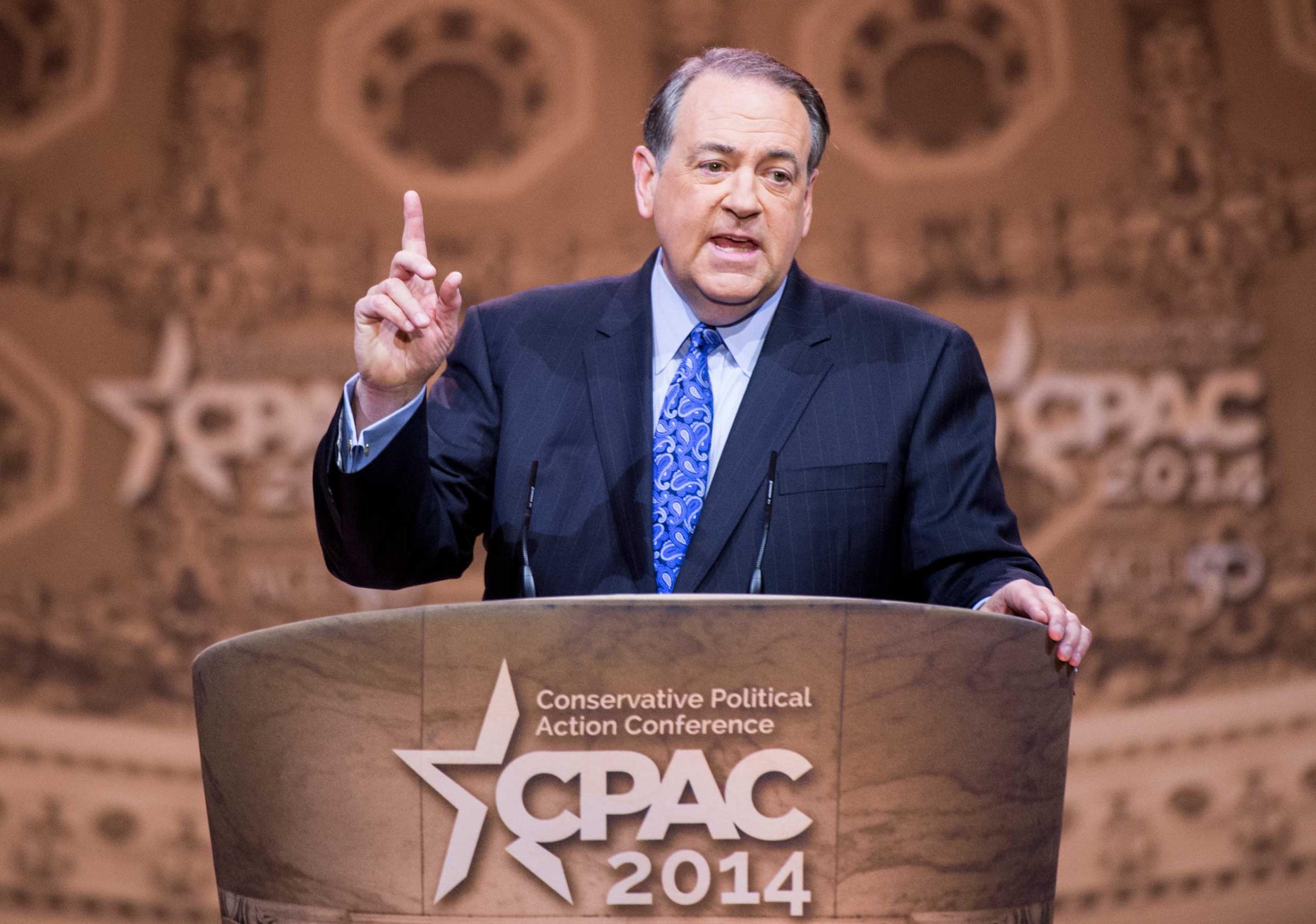
Eight years ago, Mike Huckabee was an Arkansas Governor with no money or political machine, betting bible-belt charisma and conservative populism could make him President. His 2008 campaign won Iowa, showed in New Hampshire and placed in South Carolina. It also earned him a TV show on Fox News, which Republican primary voters have been watching each Saturday nights for six years. With the new national profile and a heap of lessons learned, he has begun to bring his hardscrabble campaign crew back together, with an eye at trying again, this time with the money and organization he needs. He spent his youth as a radio and television broadcaster, and few are more comfortable before a camera. Watch for him in the debates.
Bobby Jindal: The Wonk
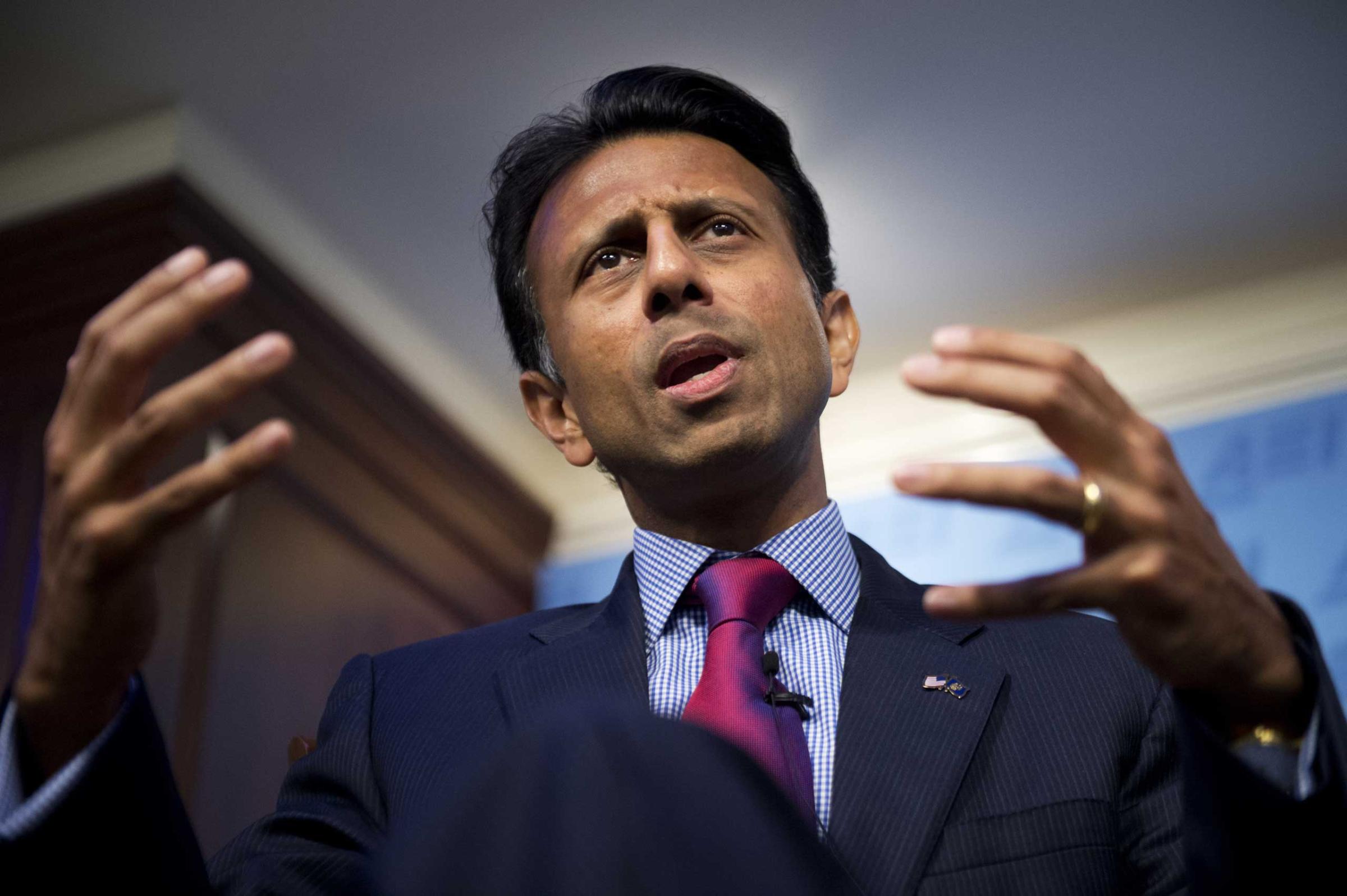
The fast-talking Louisiana Gov. got off to a rough start on the national stage in 2009, when he delivered a lumbering response to President Barack Obama’s first address to the nation. But Jindal is hoping to reintroduce himself to the nation as the party’s ideas man. Warning that the GOP needs to stop being the “stupid party,” Jindal has been most aggressive among 2016 contenders at putting policy proposals up front, and has proven to be an influencer with GOP candidates nationwide. In moves meant to please the base Jindal embraced the cast of Duck Dynasty and flip-flopped on Common Core education standards. Look for him to push his opponents to lay out specific policy plans—if he can get noticed.
John Kasich: The Pragmatist
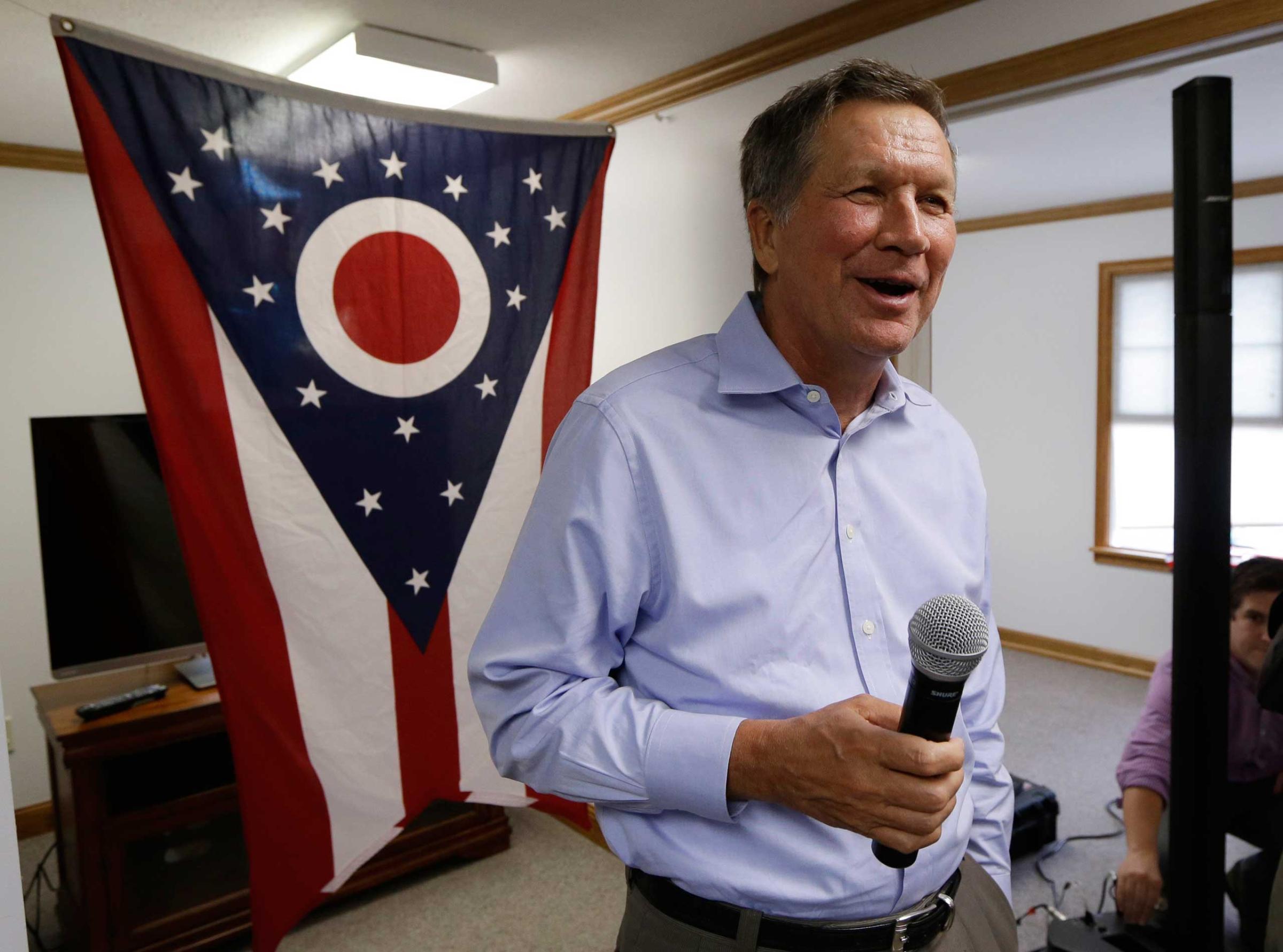
Just two years ago, Ohio Gov. John Kasich was politically down for the count. His popularity plummeted as he tried to revamp the state’s collective bargaining rules and he earned the ire of conservatives for embracing Medicaid expansion from Obamacare. But on Tuesday, Kasich, a former chairman of the House Budget Committee, pulled off a massive victory in the swingiest of swing states that has the 2016 bells ringing. Kasich made an early unsuccessful bid for the White House in 2000, and is likely to let the field develop this time around before making any decisions. If he does run, expect him to highlight his state’s economic recovery and his education reform plans.
More Must-Reads from TIME
- Donald Trump Is TIME's 2024 Person of the Year
- Why We Chose Trump as Person of the Year
- Is Intermittent Fasting Good or Bad for You?
- The 100 Must-Read Books of 2024
- The 20 Best Christmas TV Episodes
- Column: If Optimism Feels Ridiculous Now, Try Hope
- The Future of Climate Action Is Trade Policy
- Merle Bombardieri Is Helping People Make the Baby Decision
Contact us at letters@time.com